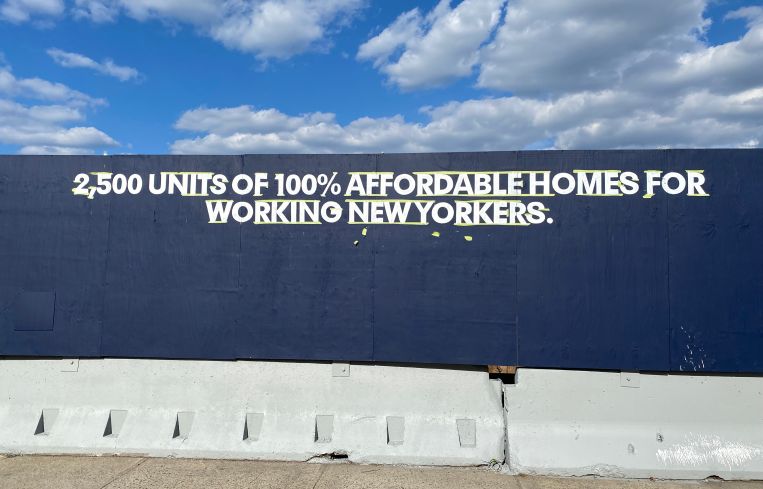The Serious Gap Remaining in Affordable Housing Preservation in New York
By Jolie Milstein May 15, 2024 8:00 am
reprints
New York’s state budget this year maintains crucial capital funding levels, delivers new first-time initiatives to increase the housing supply, and removes barriers to affordable housing production by addressing insurance discrimination and lifting certain zoning requirements.
However, a serious gap remains when it comes to affordable housing preservation.
There is no single solution to solving the statewide housing supply crisis, and, while the budget is a step forward, left unaddressed was a $250 million investment in an Affordable Housing Relief Fund to offer needed capital funds and debt restructuring to ensure at-risk affordable housing properties remain available.

Much of the federal COVID-19 aid and administrative relief has come to an end, but post-pandemic consequences have placed stress on affordable housing property operations and their financial health. Labor shortages, construction delays, cost overruns, interest rates, rising insurance costs and rental arrears have forced projects to absorb additional debt. The convergence of these factors has caused properties to operate at a deficit, placing them at risk of financial and physical distress.
Given that these properties already operate on tight margins, there is an emergent and ongoing threat of losing affordable housing units. Residents living in these properties are among the most vulnerable, typically earning no more than 60 percent of the area median income (AMI), with many earning less than 30 percent of AMI. So, while the budget may be done, our advocacy persists with full momentum.
By failing to preserve the affordable housing we currently have, investment in new construction will be for naught — we will be running in place in our efforts to solve the supply crisis. The Affordable Housing Relief Fund is critical to preserving our existing affordable housing stock and ensuring tenants have safe and quality homes.
Our industry, policymakers and housing advocates must continue to collaborate to continue the momentum established during the state budget process. The 25th annual New York State Affordable Housing Conference on May 16 will provide an opportunity for these groups to come together to chart a path forward.
Having all the stakeholders in one room allows us to examine and reflect on how recent policy changes and new initiatives will impact affordable housing production, determine how best to implement these efforts, and identify additional gaps that need to be filled. Workshops and panel discussions at the conference will delve into the most pressing issues affecting affordable housing production, providing solutions to drive progress.
There is much work to be done following the legislative session to address the ongoing urgent need for affordable housing. By fostering collaboration and having meaningful conversations, we can work toward solutions that ensure every New Yorker’s housing needs are met.
Jolie Milstein is president and CEO of the New York State Association for Affordable Housing.



